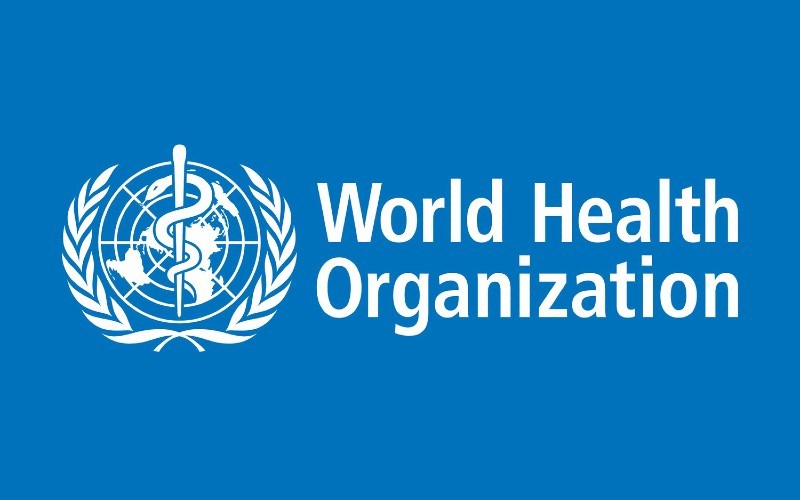The Intergovernmental Negotiating Body on Monday published its latest draft of a proposal for a pandemic agreement. INB was established at the World Health Assembly in 2021 to draft and negotiate an agreement under the constitution of the World Health Organization. The stated goal is to strengthen pandemic prevention, preparedness and response.
The United States is not legally bound to the WHO or its parent group, the United Nations, but the U.S. is legally bound by the International Health Regulations. Those were adopted at the World Health Assembly in 2005 and are binding for 196 countries, including all members of the WHO.
The IHR create rights and obligations for countries including the requirement to report public health events and outline the criteria to determine whether a particular event constitutes a public health emergency of international concern, according to the WHO’s website. The WHO is seeking to amend those regulations to grant itself this authority.
If the WHO’s agreement passes it would have the authority to declare a global health emergency and could then issue vaccine and mask mandates, call for lockdowns, places restrictions on travel and more, critics say. These decisions would be made with or without U.S. consent.
Jim Roguski, a member of the World Council of Health, is warning about the loss of U.S. sovereignty. The "meat" about the WHO proposal, he says, is that is is about money not health.
"It's really a financial venture capital prospectus to let it literally get developed nations to invest money in infrastructure in developing nations to build out more laboratories, more testing facilities, more manufacturing facilities," Roguski said on Washington Watch program Tuesday.
The wording of the proposal is significant. Critics have pointed out a final version put forth by the WHO is not likely to be called a treaty, which would involve the U.S. Senate. The Senate does not ratify treaties but approves or rejects a resolution of ratification. The Senate’s website states that in some cases where Senators did not believe a certain treaty resolution had the votes to pass it simply was not voted upon and was eventually withdrawn by the President.
A final draft would be voted on at the World Health Assembly next May. The deadline for the U.S. to reject the amendments is coming soon, Dec. 1.
“What they're doing is trying to reach a basic fundamental agreement to set up a bureaucracy that would meet on an ongoing basis, year after year after year," he warned, "to impose protocols that we wouldn't have any say over the matter, much like the framework convention for climate change that was agreed to by the United Nations back in 1992."
Roguski has written a letter RejectTheAmendments.com that concerned citizens can print, sign and send to lawmakers in Washington, D.C. .







